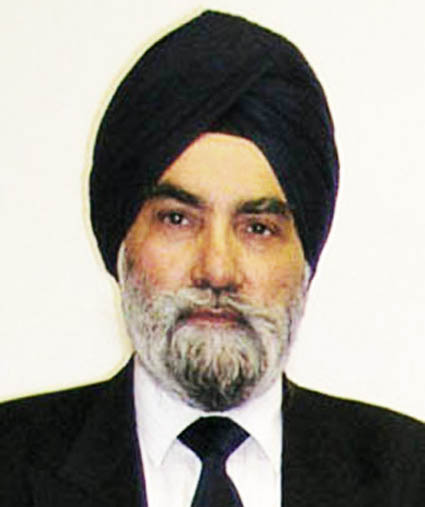UK General Election 2024: Victory of Anglo-Sikh Relations and Shared Values

A diaspora Sikh compared the Sikh political breakthrough in the UK with the Jewish people who have made inroads into the very fabric of many nations globally over many centuries.
British Sikhs are celebrating a political breakthrough with the election of about 10 Sikh MPs. The missing Singh or Kaur from some names and their Indian background insisted on by the Indian media add uncertainty to exact Sikh number.
It is regrettable, that instead of celebrating Sikh election success, some in the Indian media are more concerned about other issues best dealt with by the application of the rule of law in any true democracy. One Indian journalist expressed concern as follows: With Labour in power, will India have an adversarial government in the UK which will disregard its security concerns, especially regarding the issue of Khalistan, amid uncooperative postures of Canada and the US over Khalistani activities in those countries. This is a typical narrow-minded knee-jerk reaction of some misguided Indian journalists with a fixation on the issue of Khalistan. It shows a remarkable lack of self-confidence in own democracy in which minorities should feel secure.
The role of gurdwaras as community miri-piri centres in the Sikh diaspora has been strong and much Sikh political success is owed to the enlightened parbandhaks. Sikhi values and way of life have impressed senior politicians visiting gurdwaras. The non-discriminatory gurdwara institutions of Sangat and Pangat have found expression outside gurdwaras for the benefit of the wider community &ndash nationally and internationally.
As mentioned in this column before, there is little doubt that British Sikh success in politics also owes much to the continual focus on Sikh issues provided by the three Sikh Manifestos since 2015 widely circulated to Parliamentarians across political parties. Today, Sikh and non-Sikh MPs are better informed about these issues. Even if not united around the ideal of one Panthic table, general Sikh awareness of issues which concern them has been provided. Like all nishkam Panthic sewa, names of dedicated individuals and jathebandis behind such initiatives are of little consequence. Sikh tradition of issues-based Sikh political objectives, goes back to the 18th century Misl period.
In addition to their performance as MPs representing all communities and contributing to Parliamentary debates regarding national and international issues, Sikh MPs are also expected to be accountable to own community for legitimate Sikh issues raised in the Sikh Manifesto. It would be advisable for them to familiarise themselves with these and provide continual accountability when visiting gurdwaras and other Sikh centres (see link to Sikh Manifesto*). Their visibility and quality of contribution in the Parliament will be an incentive for next Sikh generations to consider careers in politics. We hope for similar visible Sikh presence in national media and journalism, missing at the moment.
Finally, the lesson for some Sikh pseudo-scholars and those influential with the establishment is clear. Despite some exceptions, they have been out of touch with grassroots and even resentful of those raising grassroots level concerns through lobbying and at government forums. Some have seen British Sikh unity around one table as a challenge to own positions. That is regrettable.
We hope we can move on now that Sikh ethno-religious (miri-piri qaumi) identity through Anglo-Sikh relations has been established in the multi-cultural UK Parliament. Proof will continue to be given over the years of shared Sikh and British values.
[]]Sikh Manifesto links: https://www.sikhmissionarysociety.org/
Links to earlier manifestos under Articles on Sikh Ideology and Identity.]
Gurmukh Singh OBE
Principal Civil Servant retd (UK)